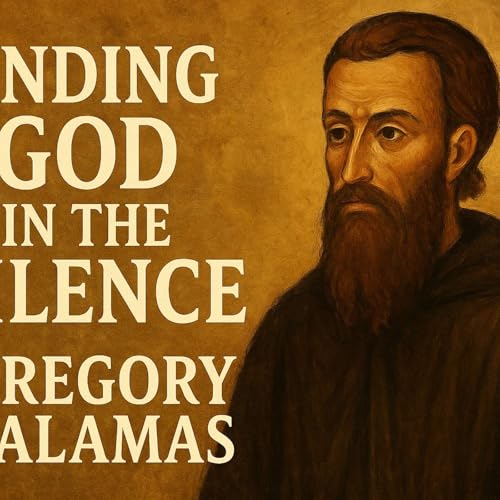
The History of the Christian Church - 2000 Years of Christian Thought.
Échec de l'ajout au panier.
Veuillez réessayer plus tard
Échec de l'ajout à la liste d'envies.
Veuillez réessayer plus tard
Échec de la suppression de la liste d’envies.
Veuillez réessayer plus tard
Échec du suivi du balado
Ne plus suivre le balado a échoué
-
Narrateur(s):
-
Auteur(s):
-
Jeremy
À propos de cet audio
A History Podcast of the Christian Church told through the lives and thoughts of it's greatest thinkers.
Season 1 – A.D. 1 – A.D. 500
Plato and Greek philosophy.
Apostolic fathers
Justin Martyr
Irenaeus
Clement of Alexandria
Origin
Cyprian
Eusebius of Caesarea.
Council of Nicaea
Athanasies.
Ephraim the Syrian.
The Cappadocian fathers.
The Council of Constantinople
Ambrose
John Chrysostom.
Jerome.
Augustine
Cyril of Alexandria.
The Council of Ephesus
Theodor of Cyrus
Leo the great.
The Council of Chelsea and.
The Apostles Creed.
© 2025 The History of the Christian Church - 2000 Years of Christian Thought.
Épisodes
-

The History of the Christian Church (Season 3, Episode 1 - Part 29) The Medieval West. 500-1500 A.D.
Nov 1 202524 minÉchec de l'ajout au panier.
Veuillez réessayer plus tardÉchec de l'ajout à la liste d'envies.
Veuillez réessayer plus tardÉchec de la suppression de la liste d’envies.
Veuillez réessayer plus tardÉchec du suivi du balado
Ne plus suivre le balado a échoué
-
 36 min
36 minÉchec de l'ajout au panier.
Veuillez réessayer plus tardÉchec de l'ajout à la liste d'envies.
Veuillez réessayer plus tardÉchec de la suppression de la liste d’envies.
Veuillez réessayer plus tardÉchec du suivi du balado
Ne plus suivre le balado a échoué
-
 Sep 1 202521 min
Sep 1 202521 minÉchec de l'ajout au panier.
Veuillez réessayer plus tardÉchec de l'ajout à la liste d'envies.
Veuillez réessayer plus tardÉchec de la suppression de la liste d’envies.
Veuillez réessayer plus tardÉchec du suivi du balado
Ne plus suivre le balado a échoué
Pas encore de commentaire



